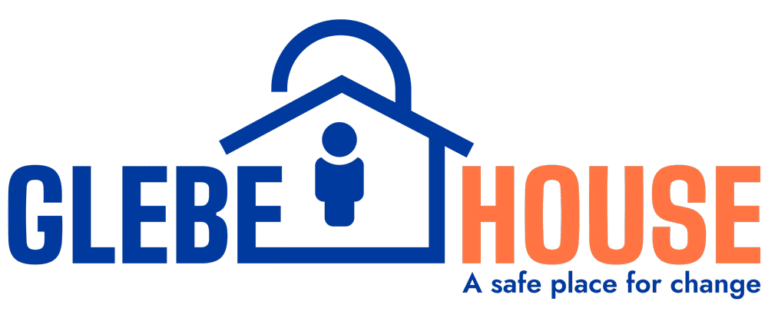I had reached the end of my life, or so I thought. Landing in hospital for the last time at thirty-seven, I was homeless, incapable of work, of decision making and had regressed to a state of helplessness; I was hiding from responsibility, a broken marriage, judgement, and unreconciled childhood trauma. Drinking had escalated in my twenties, fun to begin with, but nightly blackout had become the eventual trajectory, a destination I dismissed at first, denying intuition and evidence of the chaos I was creating. By thirty-one, my private drinking was the antidote for tremors and anxiety, anesthetizing my shame, perpetual intoxication the only relief I had from a life I no longer wanted. While detoxing, I was strongly advised to explore rehab, a suggestion I had rejected many times before, but now with nowhere else to go and fear as motivation, I aimed at a short-term program, a place to hide and weigh up my options.
The rehab required participation in the Twelve Steps, and though skeptical, I complied with direction, nodded at the right times, and began to remember a basic hygiene routine. I was encouraged to apply for long-term treatment, and again, out of ideas and with fear driving me, I continued on to Glebe House where recovery slowly began to reveal itself as something more than conceptual. Strongly encouraged to work the Twelve Steps, develop a working relationship with a sponsor, engage with counsellors and case workers, I very gradually began to heal; my self-hatred made some small room for hope, that somewhere in the midst of the work I might stumble across a solution to the destruction I’d caused, the problems I’d created and the meaninglessness I felt. Glebe House supported me while I was slowly and painfully reborn. My gradual transformation required accepting that old ideas had to die and that new ideas must take root; that I must learn to trust others who had gone before me, to trust the Glebe House staff and program; little by little, I came to believe it was possible for me to change.
I was guided into the Stage 2 program where I remained for over a year, always coming back to home base, always seeking advice, mentor-ship, and support from staff; the familiar safety of the house, whether it be Tuesday night for bolognaise or Christmas day for lunch. Mentor-ship and support guided me towards volunteering and small studies at TAFE, a gentle reintegration into the workforce and a deeper understanding of recovery. A growing confidence saw me pursue further studies, a heavier workload, bigger jobs, more responsibility and to university; then I was offered a position at Glebe House. How could this happen? Those I look up to say it’s because of the work I did. I say it’s because of the work they did. The truth lies somewhere in the middle.
I continue my studies at university, I support fellow alcoholics and addicts while they navigate their way through the complexities of early recovery, I work in the role I so looked up to; I continue to explore a deeper analysis of who I am and nurture an ever-growing spirituality – all of which were inconceivable five and half years ago. It is difficult to describe my gratitude for Glebe House, its program, staff, and client fellowship; words cannot encapsulate this. Action is a far better, more accurate metric, and so I aim at living responsibly and with courage, my gratitude evidenced by continued growth – growth from seeds planted at Glebe House.
